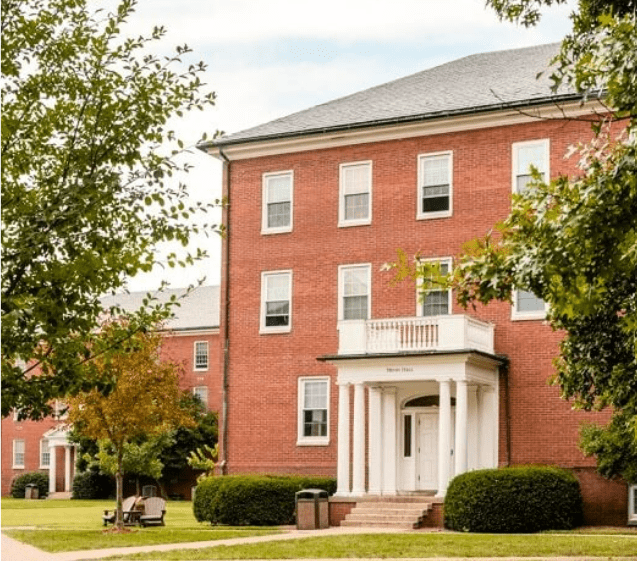by Anonymous
What would you do if you couldn’t move your legs, yet you were stuck on the 3rd floor of your dorm with no elevator?
Disabled students often experience difficulty here at Centre College: this is perhaps most true when it comes to accessible housing. Disabled students often have to fight for their housing accommodations and put up with subpar conditions. This is a systemic issue that will only continue to fester if left unaddressed.
Disabled students receive their housing information last. Upperclassmen are housed first, then freshmen – as evidenced by the spring housing lottery many of us are familiar with. What’s particularly mind-boggling about this, however, is that Centre holds a lottery of single dorms for non-disabled students. These singles are distributed before disabled students even receive their dorm information. Disabled students have to wait – usually until the August before the new academic year – to know where they are living. This gives the impression that medically necessary singles are distributed in a last-minute process. Yet this treats disabled students as an afterthought, instead of the priority that they should be on account of their medical needs.
The quality of disabled housing is additionally unsatisfactory. For example, several disabled students were assigned to live in refurbished study rooms this year. These “singles” lack outdoor windows – actually, they have windows looking inside the rooms, from the hallways – and are markedly smaller than typical singles. Despite these rooms being approved by the fire department, they lack a secondary escape, which is a massive safety issue. None of this was communicated to the assigned students until they arrived onto campus to see for themselves, leaving only days before classes began to bargain for another room. The simple fact is that no one deserves to live in a cupboard, let alone pay an extra fee for it (yes, Centre College requires disabled students to pay an expensive fee for their medically necessary single dorms).
A student shared their experience with being assigned into one of these rooms: “It was really dehumanizing to be put in what felt like a box … I understand that Centre is a small college and we only have so much room, but for people who medically need this space, it really says a lot when the college starts converting study rooms into ‘singles’ when they could instead cut the amount of singles that are given out during the lottery.”
Yet another student spoke up: “Having disabled housing really comes in handy a lot of the time dealing with my disability. However, the process of getting special housing was extremely difficult … I had to wait months on end to get a response and once I was able to get a dorm, I had to wait the entire summer just to know where I was put.”
Another student chimed in with their own experience. Having received insufficient accommodations, they said, “I miss out on a lot of things, and it’s not just hanging out with friends. If my friends live higher than the first floor, I can’t visit them often or really ever, since most dorms don’t have an elevator.”
Indeed, many dorm buildings lack elevators, let alone ramps. This makes it difficult for those with physical disabilities or physical injuries to navigate their everyday life: reaching classes, or even leaving their dorm rooms, become strenuous tasks. It is especially unfortunate that handicap door buttons are frequently abused, kicked, and punched. Furthermore, the new well-being spaces in Cooper Ganfield and Stevenson Vinson – particularly that of the sensory room for neurodivergent students – also have become difficult to access on account of the new card system, wherein only dorm occupants can access the buildings. In general, the physical accessibility on campus is disappointingly limited.
In conclusion, disabled housing at Centre College is upsetting, to say at the least. Disabled students have to fight and negotiate for better conditions, which should never be necessary. This is not a bash on any specific office: this is a systemic issue at Centre College. Casual ableism pervades the administration’s view of disabled students, intentional or not. However, we can begin to remedy the issue by bringing conscious awareness to it. Disabled students should be a priority, not an afterthought, not an asterisk. Let’s do better.

